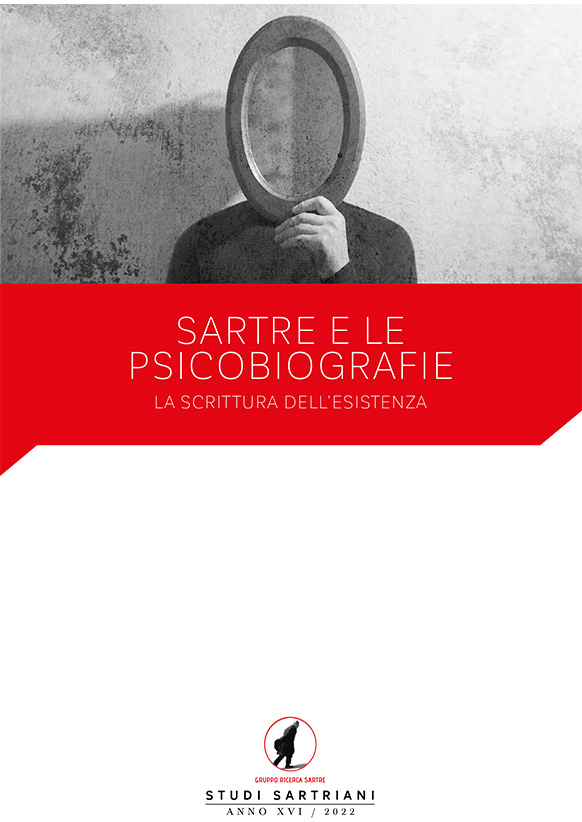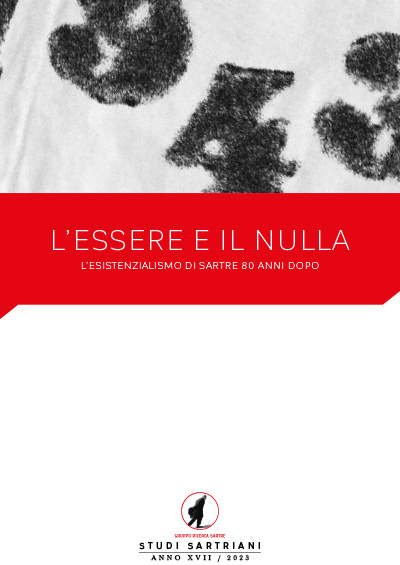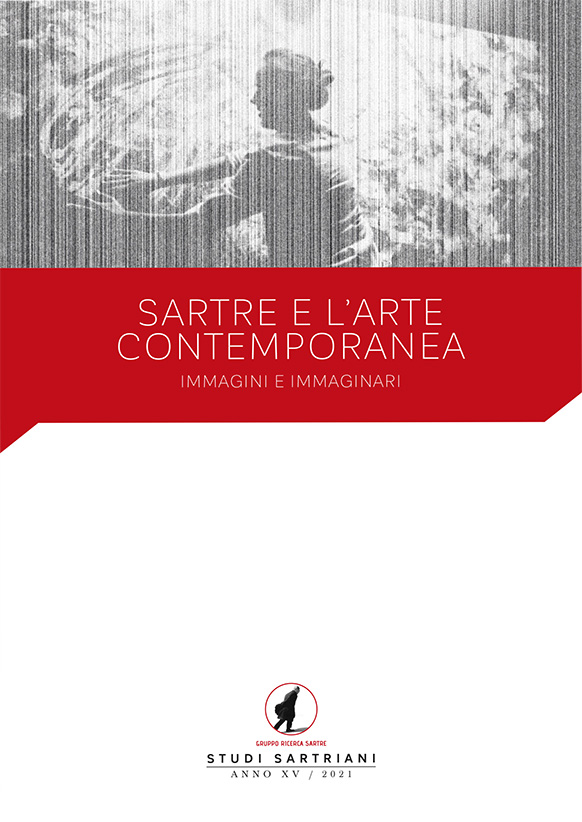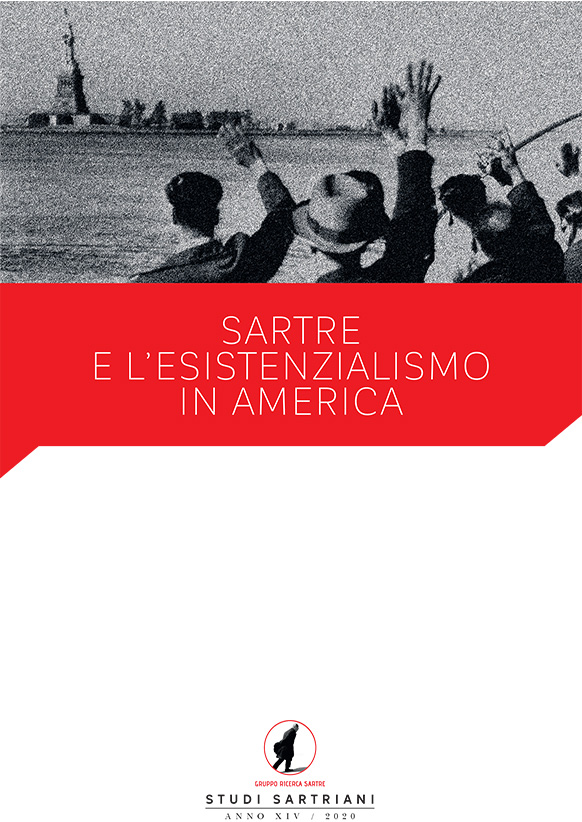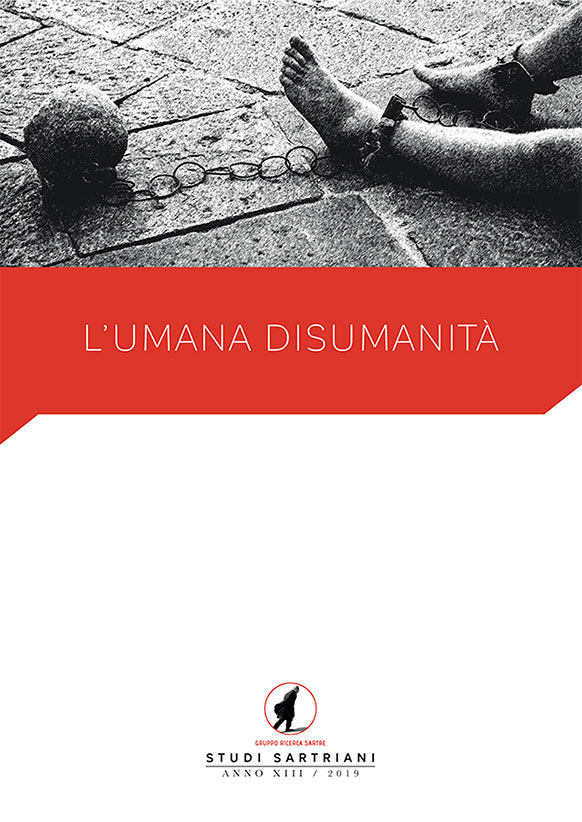Abstract

La scrittura dell’esistenza è un luogo tematico molto caro a Sartre e percorre come un filo rosso tutto l’arco della sua vita, come si può vedere nella celebre autobiografia Les Mots fino alla splendida e monumentale opera dedicata a Gustave Flaubert, L’idiot de la famille. Al centro vi è l’idea d’infanzia concepita non tanto come tappa evolutiva o residuo archeologico, quanto piuttosto come presenza inassimilabile che l’esistenza ha il compito di riprendere incessantemente. Una dialettica sempre aperta tra passato e futuro, tra libertà e destino, tra invenzione e ripetizione, segna il metodo individuato da Sartre per comprendere un soggetto che, a partire da una situazione alienante, cerca sempre nuove possibilità per esercitare liberamente la sua praxis.

The writing of existence is a thematic place very dear to Sartre and runs like a red thread throughout his life, as can be seen in his famous autobiography Les Mots up to the splendid and monumental work dedicated to Gustave Flaubert, L'idiot de la famille. At the centre is the idea of childhood conceived not so much as an evolutionary stage or an archaeological remnant, but rather as an unassimilable presence that existence has the task of ceaselessly reclaiming. An ever-open dialectic between past and future, between freedom and destiny, between invention and repetition, marks the method identified by Sartre to understand a subject who, starting from an alienating situation, always seeks new possibilities to freely exercise his praxis.

